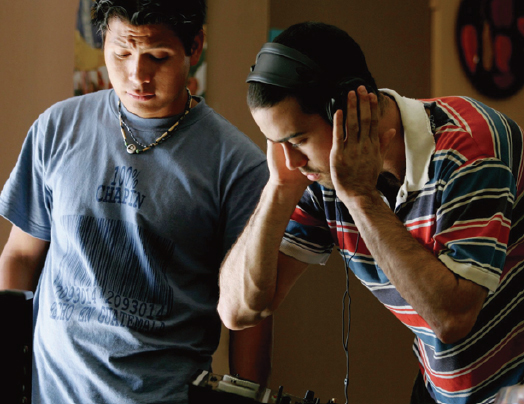Radio in a Democratic Society
Printed Page 186
As the first national electronic mass medium, radio has powerfully molded American culture. It has given us soap operas, situation comedies, and broadcast news. And it helped to popularize rock and roll, car culture, and the politics of talk radio. Yet for all of its national influence and recent move toward consolidation, broadcast radio is still a supremely local medium. For decades, listeners have tuned in to hear the familiar voices of their community’s deejays and talk show hosts, and to enjoy music popular in their cultural heritage.

The early debates over how radio should be used produced one of the most important and enduring ideas in communication policy for any democracy: a requirement to operate in the “public interest, convenience, or necessity.” But as we’ve seen, the broadcasting industry has long chafed at this policy. Executives have maintained that because radio corporations invest heavily in technology, they should have more control over the radio frequencies on which they operate—as well as own as many stations as they want. Deregulation in the past few decades has moved the industry closer to that corporate vision. Today, nearly every radio market in the nation is dominated by a few owners, and those owners are required to renew their broadcasting licenses only every eight years.
This trend has begun moving radio away from its localism, as radio groups often manage hundreds of stations from afar. Given broadcasters’ reluctance to openly discuss their own economic arrangements, public debate regarding radio as a natural resource has dwindled. Looking to the future, we face a big question: With a few large broadcast companies now permitted to dominate radio ownership nationwide, how much will the number and kinds of voices permitted to speak over the public airwaves be restricted? If restriction occurs, what will happen to the democracy we live in—which is defined by local communities’ having a say in how they’re governed? To ensure that mass media, including radio, continue to serve democracy, we—the public—must play a role in developing the answers to these questions.